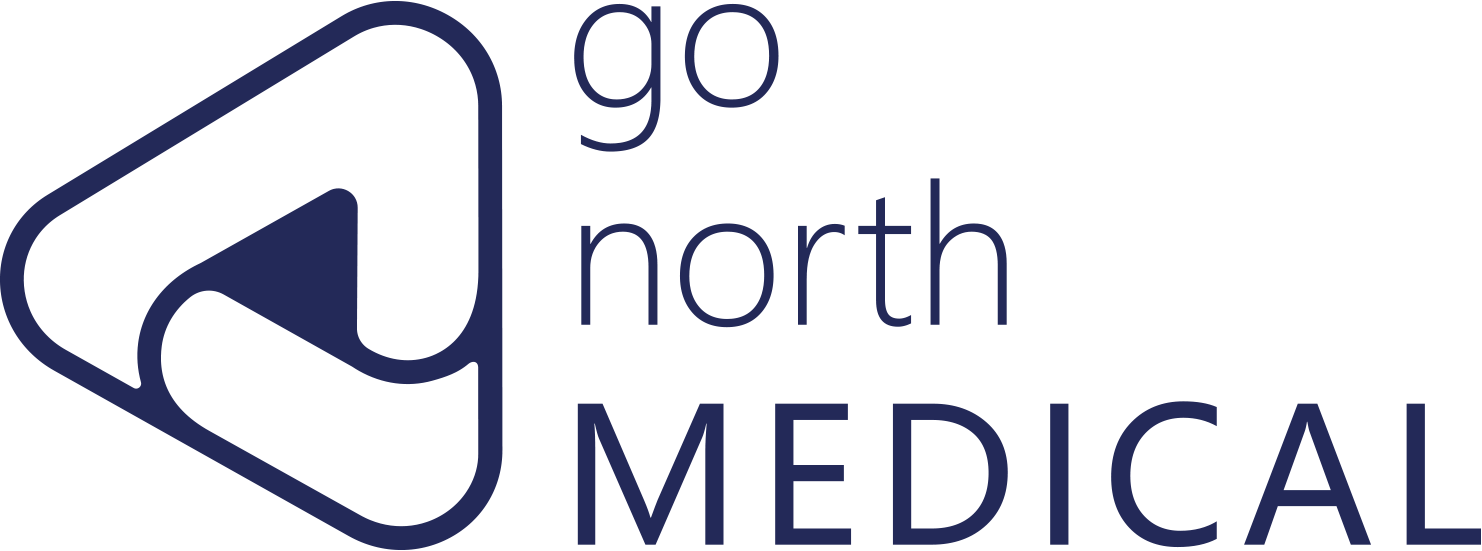Preoperative Heart Rate Variability During Sleep Predicts Vagus Nerve Stimulation Outcome Better in Patients With Drug-Resistant Epilepsy
Fang X, Liu HY, Wang ZY, Yang Z, Cheng TY, Hu CH, Hao HW, Meng FG, Guan YG, Ma YS, Liang SL, Lin JL, Zhao MM, Li LM.
Front Neurol. 2021 Jul 7;12:691328.
https://doi.org/10.3389/fneur.2021.691328
Can the preoperative heart rate variability (#HRV) indices be a helpful factor in predicting the outcome of vagus nerve stimulation (#VNS) therapy?
This recent study by Fang et al. (Jul. 2021) proposed the first VNS prediction model based on machine learning with preoperative HRV indices.
52 different preoperative HRV indices during sleep and awake states from 59 DRE patients (30 responders and 29 non-responders for VNS, follow-up: 1 year) and 50 healthy controls were analyzed by machine learning.
The results showed that 35 HRV indices in sleep state were significantly different between the VNS responders and non-responder. According to the univariate filter and recursive feature elimination algorithms, the top-one HRV indices to differentiate the responders and non-responders was low-frequency power (LF; 0.04–0.15Hz).
The study did not completely elucidate the potential effects of using antiseizure medications, seizure types, and respiratory rate for HRV indices. Further multicenter prospective studies were needed to examine the feasibility and reliability of the prediction model.

